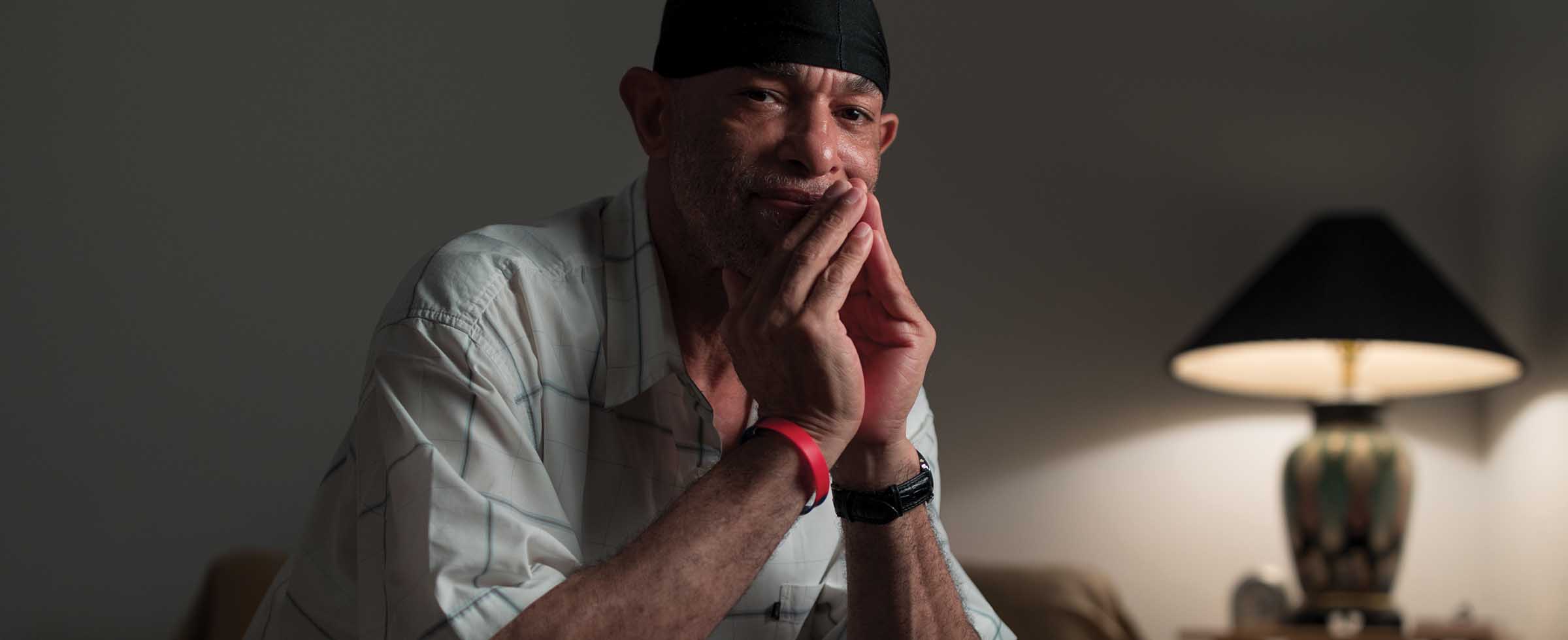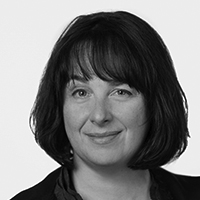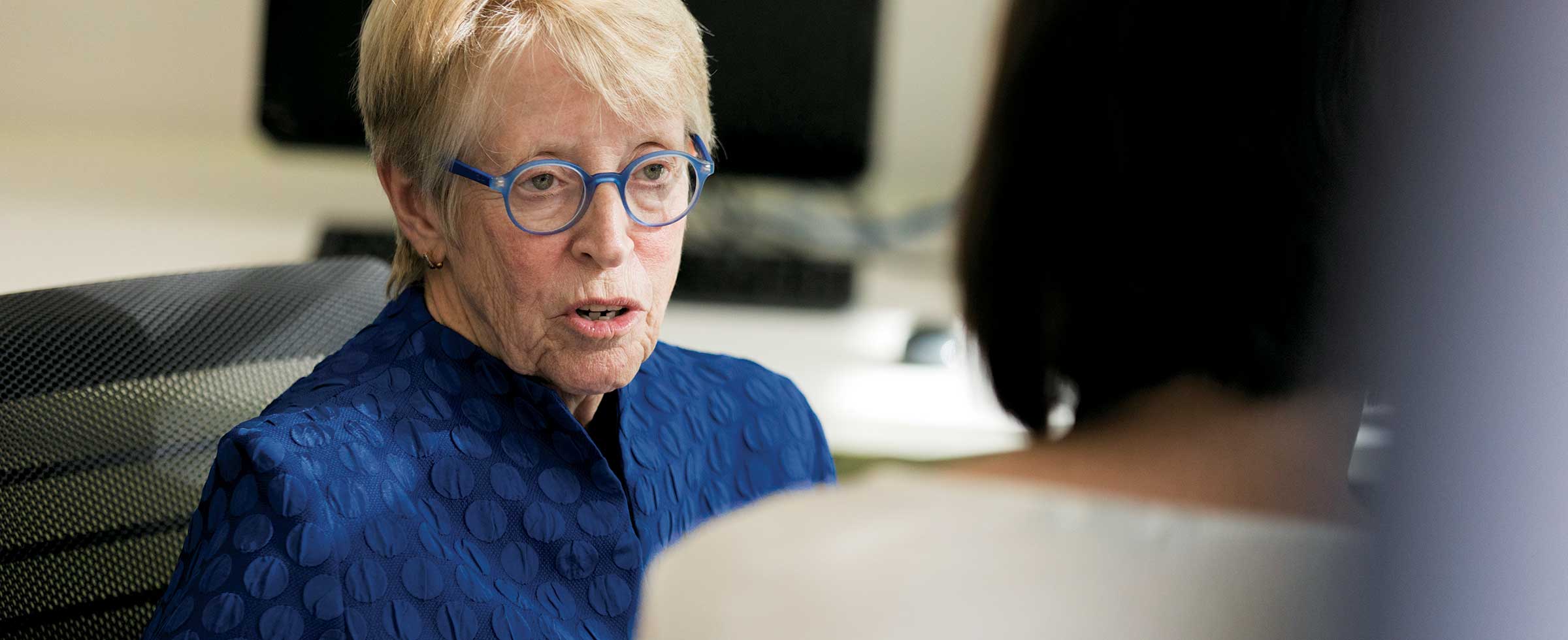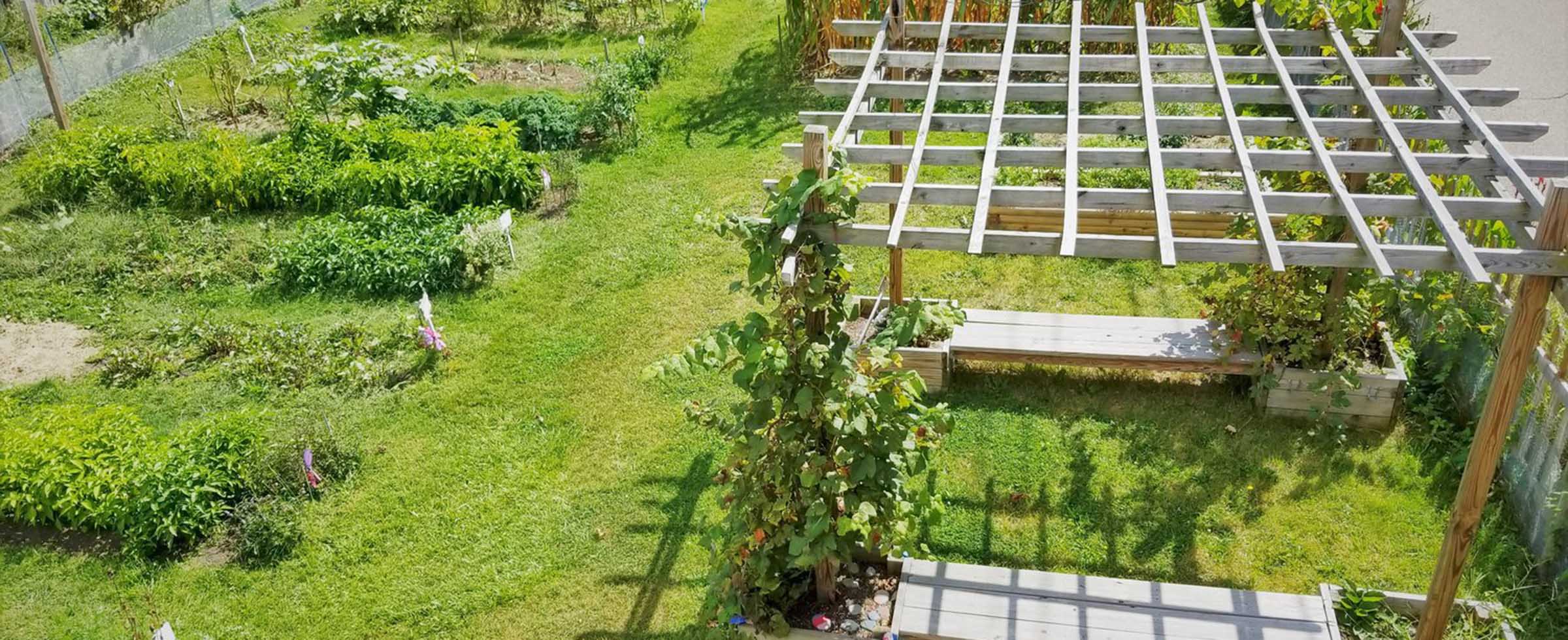A journey homeCommunity Human Services

With assistance from Community Human Services, Michael Williamson found an affordable and comfortable apartment near the bus line in Wilkinsburg.
IT IS A HUMID DAY IN JUNE when Michael Williamson welcomes me to his home. The 60-year-old former truck driver clearly enjoys company, greeting visitors to his cozy apartment with a warm, easy laugh and Hershey’s kisses from a box on the dining table.
That living situation is a striking change from a few months before, when Williamson became homeless in the throes of a health crisis. He is among the 26 percent of Americans who, according to a 2016 study by Harvard’s P.H. Chan School of Public Health, the Robert Wood Johnson Foundation and NPR, find themselves in serious financial trouble resulting from a health issue. Until 2015, Williamson was driving 18-wheel trucks cross-country full time and could easily afford his $1,200-a-month apartment on Ardmore Boulevard. Then his life was suddenly upended by surgery and a months-long recovery. He was forced to stop working and was eventually evicted from his apartment. Right after surgery, he stayed at the Resolve Crisis Services walk-in center in Point Breeze. He was referred to Resolve by Community Human Services, which is a local leader in the effort to end homelessness in Allegheny County. Currently, CHS staff members are participating in the Foundation’s effort to understand and document the burden of eviction in Allegheny County.
Within a matter of days, CHS Rental Advocate Lynetta Lowman organized movers and storage, while CHS Housing Support Specialist Roberta Schick connected him to food assistance, bus passes and agencies that could help him apply for disability income. Lowman also helped him secure an apartment in a quiet area of Wilkinsburg. Williamson shared with us the story of his illness, his CHS-assisted transition to his Wilkinsburg apartment and his desire to get back on the road.
I GREW UP IN PITTSBURGH and graduated in 1975 from Churchill High School. In 2001, I got my commercial license and started driving. I got to see the country, state to state, and I met a lot of people. I was doing pretty good for a while, but then I got sick. I had a swollen prostate. It wasn’t cancer but I had to have a procedure done in November 2016.
It took me a while to find somebody to do the surgery because I had to get on medical assistance first. The welfare office helped me with that. Getting medical assistance took a few months. It was serious surgery.
I had a catheter in for a few months. What I had to go through I wouldn’t wish on nobody. I’ve been out of work ever since.
Before that, I was living in a really nice place — the Bryn Mawr Apartments off Ardmore Boulevard. Then I got behind on rent due to my sickness. I didn’t have enough funds coming in. I had a good relationship with [my landlords] and they were working with me, but I just got so far behind that I had to move out.
I ended up at Resolve’s shelter for a few weeks. All my stuff was still at the Bryn Mawr, other than a change of clothing. They were a help to me at Resolve. They made sure our personal needs were taken care of. They made sure we were OK and not feeling suicidal. Everyone there was going through some type of situation. There was a lot of smart people there, very intelligent people, who had gotten mixed up with alcohol or drugs or, as in my case, had a health problem. It was hard for me to be there because I still had that catheter in but at least I had a roof over my head.
Most of the people I met there wanted their own place. I heard some stories from people about sleeping under bridges out in the cold. It goes to show you that, in life, there are other people who have it worse than you do. In our group sessions at Resolve, I would tell them, “All of you have something good in you, even though you are going through some bad times.”
Community Human Services was going to see if they could get me help with my rent but the bill was so outrageous that they just couldn’t do it. I was four months behind. I was broke and sick and shed a lot of tears for a grown man. I had no food — nothing. I was in bed with that catheter. I still have nightmares about it.
On Dec. 2, I moved into the place I’m in now. It’s nice. Roberta and Lynetta at Community Human Services found it for me. It was a blessing that everyone at Resolve and CHS pulled together to help me to get this place. I still had my furniture from the Bryn Mawr. I had a good rapport with the landlord. They were giving me time and didn’t get rid of my belongings.
I used to pray a little, but these days I pray a lot. Sometimes I go for a walk. If my life wasn’t messed up, I would be working, still living at the Bryn Mawr, trying to help some of my family and friends if I could. I’m going back to driving. I am going to have to. That’s where the money is. When I’m driving, I’ll be away from home for two or three months at a time, but I don’t mind it, meeting people in different places, eating different foods. It’s a big world out there and I like making money and paying the bills and seeing things I had never seen before.
The people at CHS, especially Roberta, their help has meant a great deal. They try to get you to do better for yourself and tell you you’re going to be OK. They talk to you one-on-one, real personal, to see where you are at and where you want to go. I didn’t think I was going to come down so hard but I did. They were there when nobody else was in my corner. I mean that 100 percent.
Original story appeared in the Report to the Community 2016-17


 Kit
Kit

